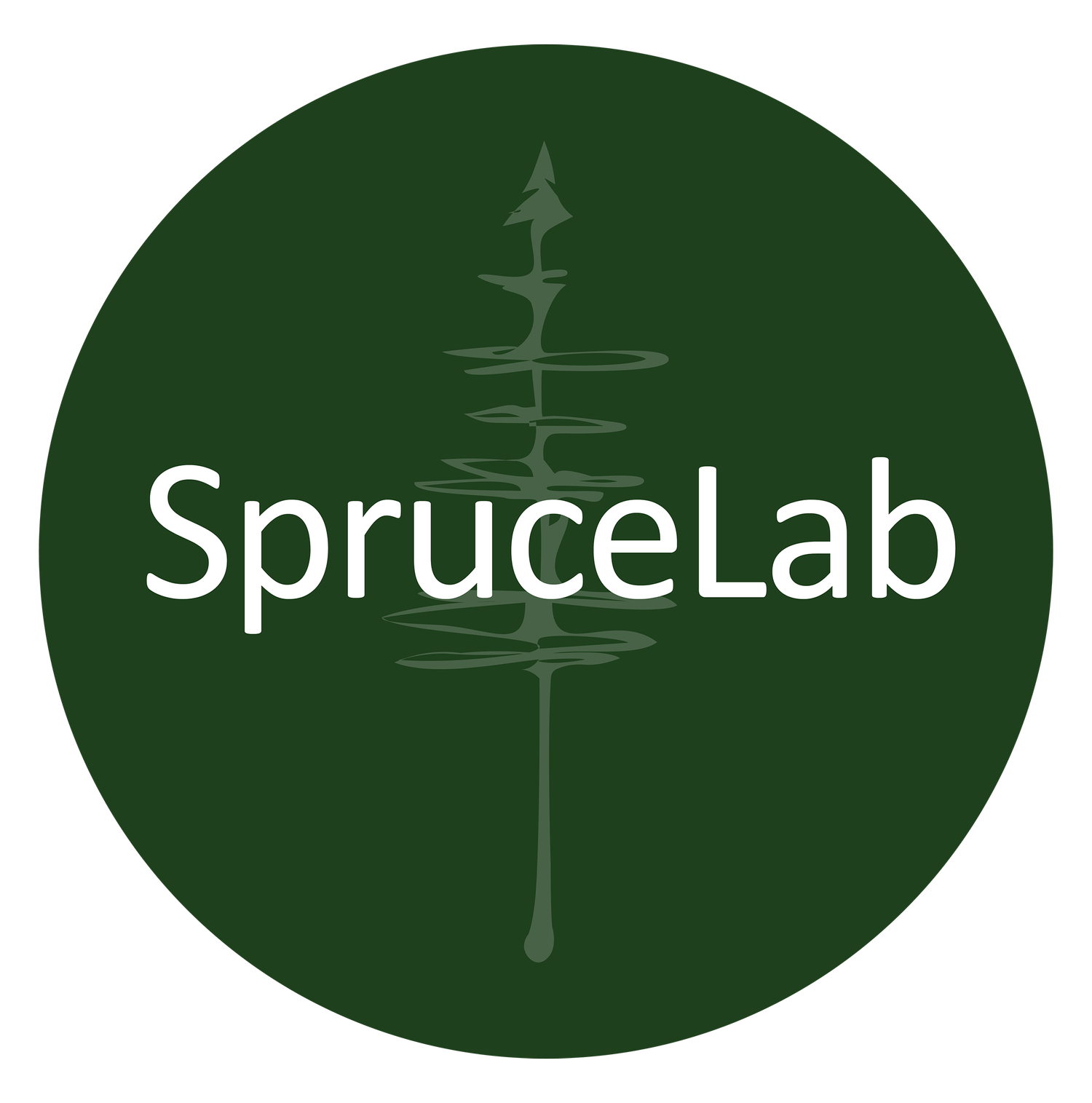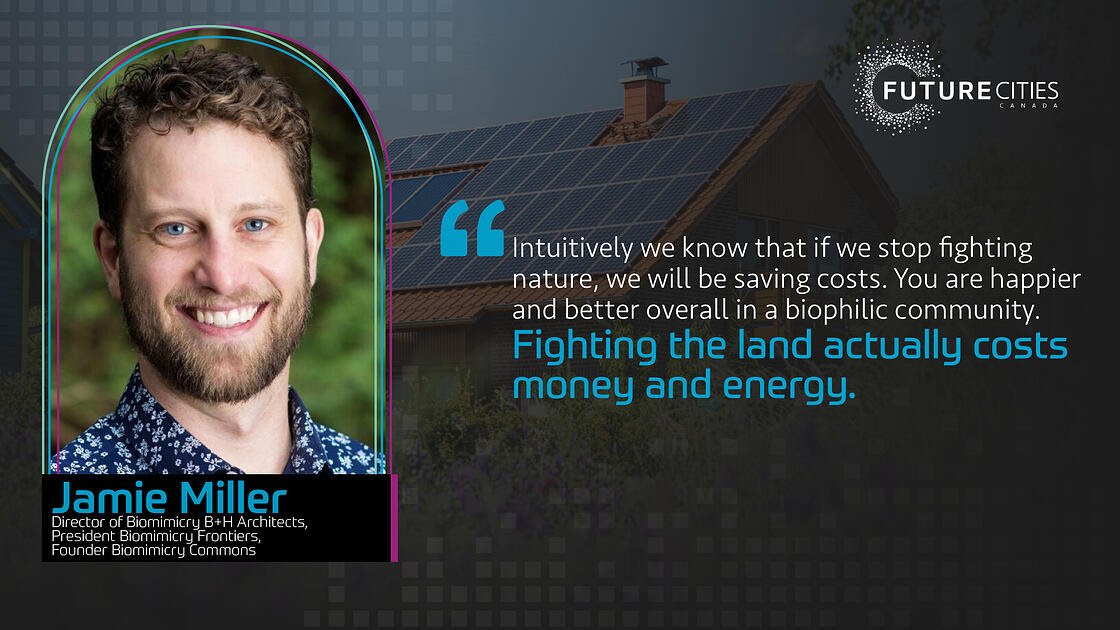Outside the Box of Housing
In October 2022, Future Cities Canada and Evergreen’s National Housing Forum led a series of panel discussions at the [Place+Space]: Powering Our Housing Future conference rethinking how we create housing. Sheila, along with Cheryll Case, Nadina Galle, and Jamie Miller, discussed ideas and initiatives that took us away from thinking of houses as a box to getting our hands back in the soil, and taking others along with us, which was a key theme throughout the Placekeeping: Home is More Than Four Walls panel discussion.
Currently, Canada is facing a serious housing crisis. Recently, much of the country has experienced a surge in rental rates, selling prices, and steeply rising interest rates. With an economy recovering from the COVID-19 pandemic and inflation affecting everything, many Canadians are experiencing some of the toughest housing situations and choices of their lives. Exacerbating this are ecologically unsustainable and destructive development patterns. Panelists discussed what they have been doing to remedy some of these situations.
At SpruceLab, these issues have been noticed and efforts are being made to address them. In a nutshell, new solutions need to be aligned with the land and the people that live on it. SpruceLab focuses on nature-based design solutions, green infrastructure, and community and Indigenous engagement and co-design. This work aims to heal, connect and give back to communities the things they need most to thrive: healthy ecosystems. Sheila noted several key examples of work that is occurring at SpruceLab. Fundamental to this is taking a transdisciplinary approach, one that raises and honours the voices of the community, especially the Indigenous communities of the places where work is undertaken. Often community members go unseen, unheard, and are under-represented in major design and planning decisions. In short, they are disadvantaged when it comes to changes that will impact every aspect of their lives and well-being. This is largely due to the top-down structures of decision-making that governs development patterns in Canada. Given the crisis that we are in with regards to housing, it is not difficult to see how unsuccessful this approach is and that meaningful engagement needs to happen to address the needs of today and of tomorrow.
Panelists at the Placekeeping: Home is More Than Four Walls session.
SpruceLab’s Earth Tending program addresses some of these issues. This paid green infrastructure training initiative is for unemployed and under-employed First Nations, Inuit and Métis Peoples living in the Greater Toronto Area. The program provides improved economic opportunities through education about natural systems, fosters connections between humans and more-than-humans, and improves participant’s sense of well-being and belonging. Often urban Indigenous populations report feelings of not belonging in cities due to lack of representation and connection to other Indigenous people, and especially to the land. The Earth Tending program offers an alternative to be connected to the land while building community capacity and improving overall health.
Although SpruceLab is a planning and landscape architecture consultancy, programs like Earth Tending are crucial ways that demonstrate reciprocity towards Indigenous communities. Land-based teachings are shared by Indigenous and non-Indigenous educators, professionals and organizations working in the field. By focusing on nourishing relationships among and between Indigenous and non-Indigenous Peoples, SpruceLab contributes to the healing and Reconciliation between humans and, by extension, with the land.
Another important question that was asked of panelists was how accessibility concerns were being considered. There are several ways that this has been addressed. As Sheila explained, one avenue for connecting people with various mobility needs was by using immersive, virtual technologies. Virtual experiences could be used to help Elders experience a landscape where positive health changes were tracked and reported as a result.
Green roofs provide another opportunity for people of various abilities to access green spaces, even in highly urban settings. The Indigenous Healing Garden on the Ted Rogers School of Management (TRSM) green roof will be accessible by elevator and compliant with the Accessibility for Ontarians with Disabilities Act (AODA). Noted by Sheila as a ‘meadow in the sky’, spaces like this are one way that everyone can take time to connect with the land, learn about First Nations Traditional Territories and Indigenous cultures, and find a place to take some time away from the concrete jungle and find respite in daily life.
Similarly, an upcoming project SpruceLab is involved with is a green roof at the Carrot Common. This community hub has an active green roof that needs a makeover to improve accessibility and access – one that will boost community connection, offer greater food growing opportunities, and get people’s hands working with the soil.
As designers, SpruceLab thinks to the future, seven generations ahead, while learning from the seven generations before us, to improve life for everyone that calls a space and place home, whether that is within four walls or not. Throw in opportunities for joy for those of us here today and we can say we are taking steps on a good path forward.



